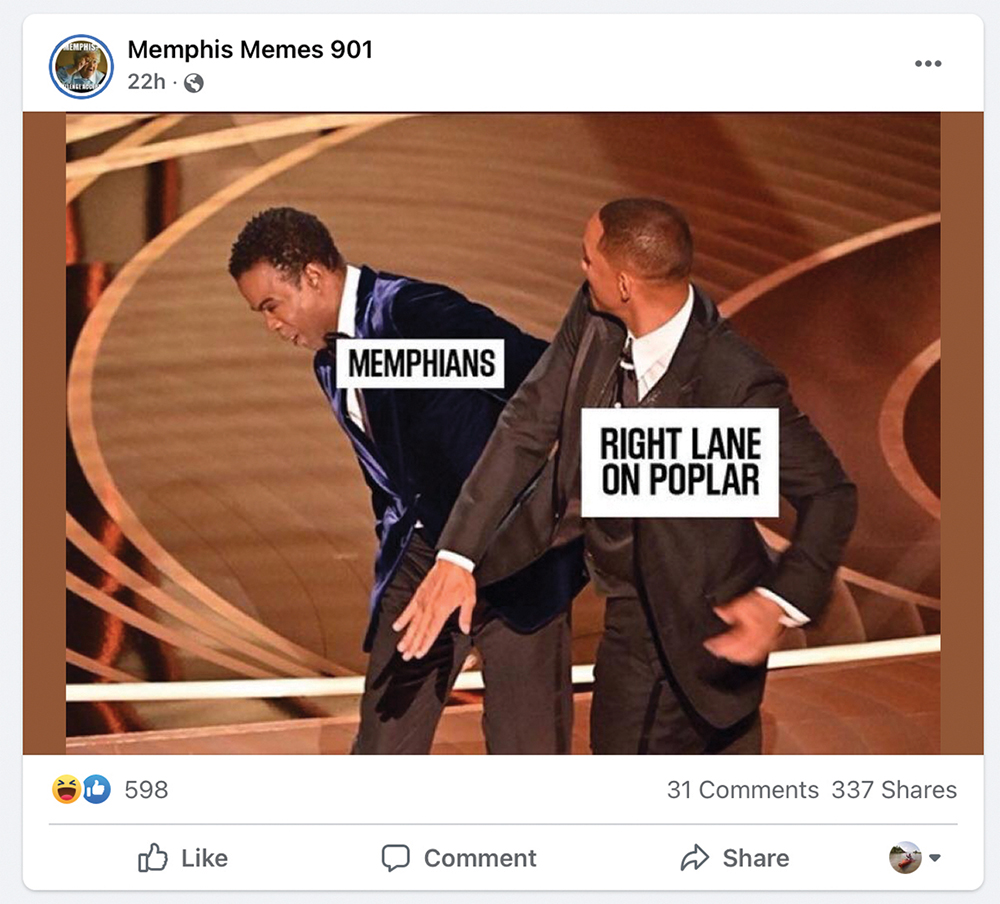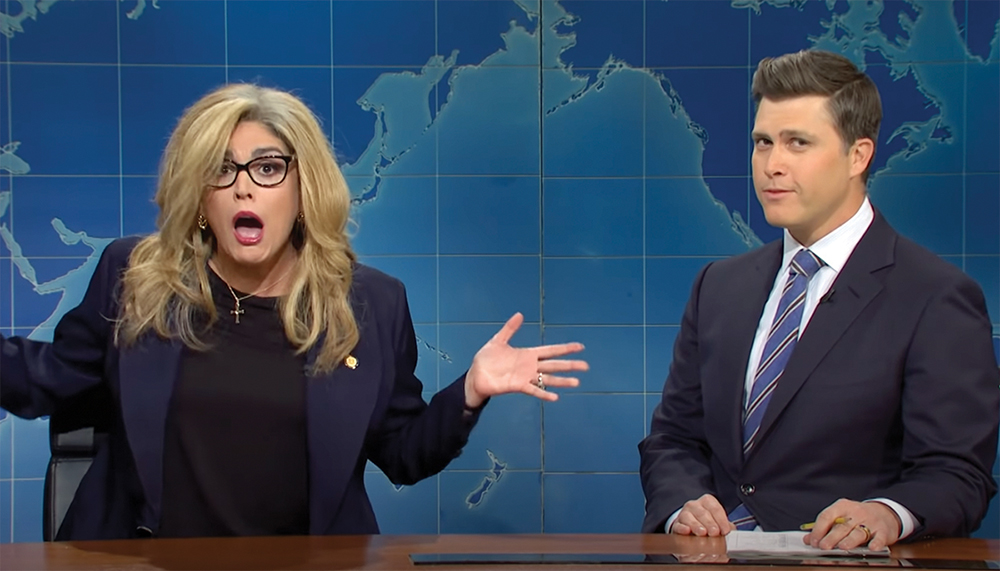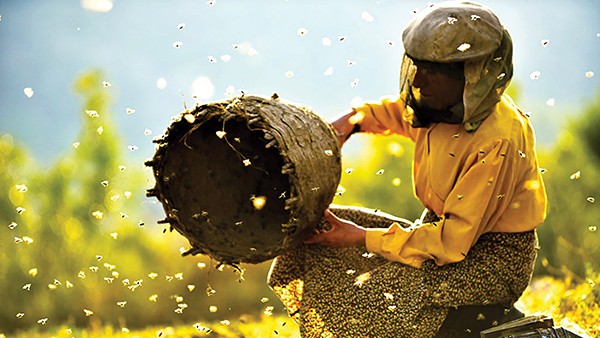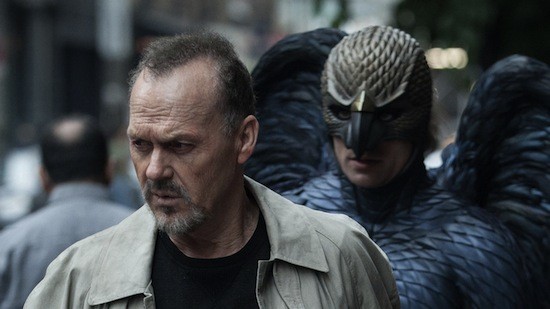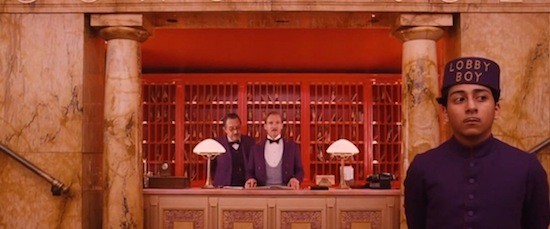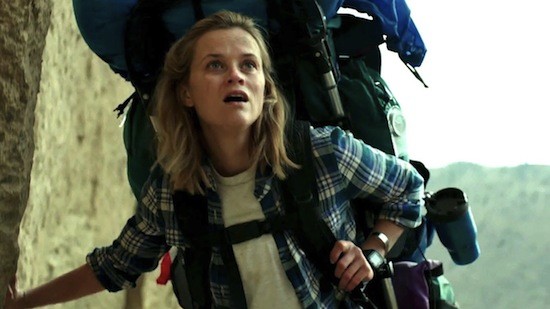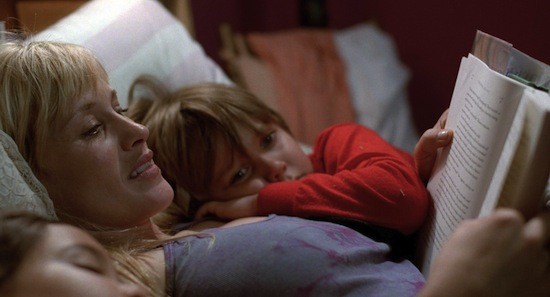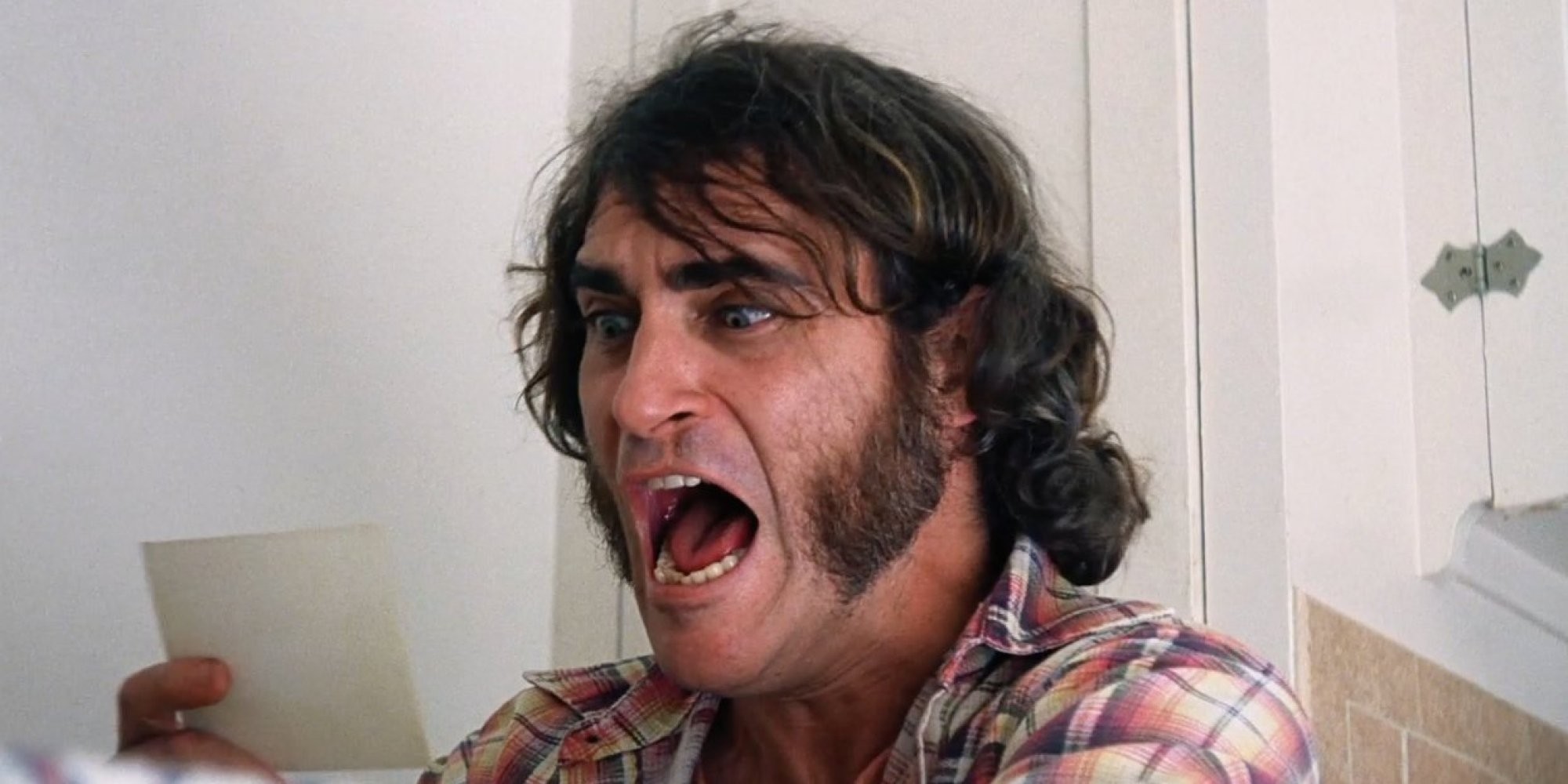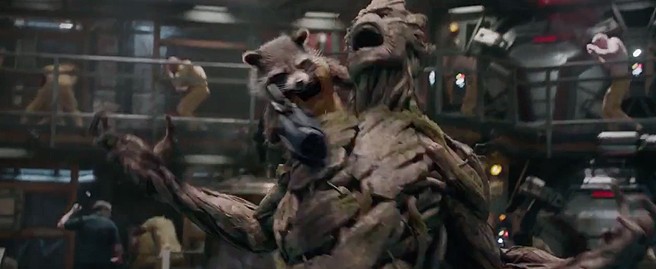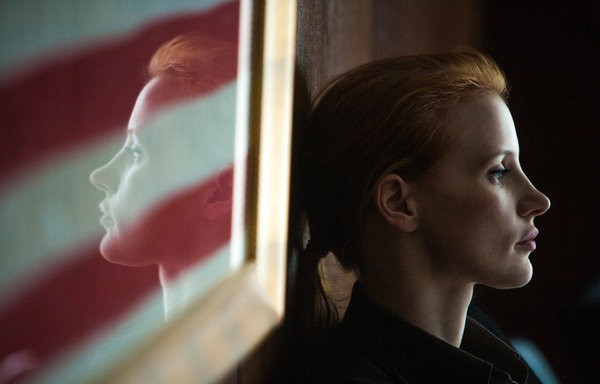In January 1989, Steven Soderbergh’s sex, lies, and videotape won the Audience Award for best feature at the Sundance Film Festival, kicking off the modern Indie film movement.
To audiences, “Indie” usually means quirky, low-budget, character-driven fare that is more like the auteurist films of the 1970s than contemporary Hollywood’s designed-by-committee product. But “Indie” originally referred to films financed outside the major studios by outfits like New Line Cinema, which produced Sam Raimi’s The Evil Dead (1981) and the Coen Brothers’ Blood Simple (1984). By 1990, The Coen Brothers had crossed over into the mainstream with Miller’s Crossing, a film that brought together the meticulous plotting, brainy dialog, and stunning visual compositions that would garner them acclaim for the next 25 years.
As the 1990s dawned, a whole crop of directors stood up with a mission to make good movies on their own terms — and that meant raising money by any means necessary. Robert Rodriguez financed his $7,000 debut feature El Mariachi by selling his body for medical testing. It went on to win the 1993 Audience Award at Sundance, and his book Rebel Without A Crew inspired a generation of filmmakers.
Richard Linklater’s 1991 Slacker threw out the screenwriting rulebook that had dominated American film since George Lucas name-checked Joseph Campbell, focusing instead on dozens of strange characters floating around Austin. The structure has echoed through Indie film ever since, not only in Linklater’s Dazed And Confused (1993) but also the “hyperlink” movies of the early 2000s such as Soderbergh’s Traffic and even more conventionally scripted films such as Kevin Smith’s 1994 debut, Clerks.
Quentin Tarantino is arguably the most influential director of the last 25 years. His breakthrough hit, 1994’s Pulp Fiction, was the first film completely financed by producer Harvey Weinstein’s Miramax. But even then, the definitions of what was an “Indie” movie were fluid, as the formerly independent Miramax had become a subsidiary of Disney.
Indie fervor was spreading as local film scenes sprang up around the country. In Memphis, Mike McCarthy’s pioneering run of drive-in exploitation-inspired weirdness started in 1994 with Damselvis, Daughter of Helvis, followed the next year by the semi-autobiographical Teenage Tupelo. With 1997’s The Sore Losers, McCarthy integrated Memphis’ burgeoning underground music scene with his even-more-underground film aesthetic.
In 1995, the European Dogme 95 Collective, led by Lars von Trier, issued its “Vows of Chastity” and defined a new naturalist cinema: no props, no post-production sound, and no lighting. Scripts were minimal, demanding improvisation by the actors. Dogme #1 was Thomas Vinterberg’s The Celebration, which won the Jury Prize at Cannes in 1998.
Meanwhile, in America, weirdness was reaching its peak with Soderbergh’s surrealist romp Schizopolis. Today, the film enjoys a cult audience, but in 1997, it almost ended Soderbergh’s career and led to a turning point in Indie film. The same year, Tarantino directed Jackie Brown and then withdrew from filmmaking for six years. Soderbergh’s next feature veered away from experiment: 1998’s Out Of Sight was, like Jackie Brown, a tightly plotted adaptation of an Elmore Leonard crime novel. Before Tarantino returned to the director’s chair, Soderbergh would hit with Julia Roberts in Erin Brockovich and make George Clooney and Brad Pitt the biggest stars in the world with a very un-Indie remake of the Rat Pack vehicle Ocean’s 11.
Technology rescued Indie film. In the late ’90s, personal computers were on their way to being ubiquitous, and digital video cameras had improved in picture quality as they simplified operation. The 1999 experimental horror The Blair Witch Project, directed by Daniel Myrick and Eduardo Sanchez, showed what was possible with digital, simultaneously inventing the found footage genre and becoming the most profitable Indie movie in history, grossing $248 million worldwide on a shooting budget of $25,000.
The festival circuit continued to grow. The Indie Memphis Film Festival was founded in 1998, showcasing works such as the gonzo comedies of Memphis cable access TV legend John Pickle. In 2000, it found its biggest hit: Craig Brewer’s The Poor & Hungry, a gritty, digital story of the Memphis streets, won awards both here and at the Hollywood Film Festival.
In 2005, Memphis directors dominated the Sundance Film Festival, with Ira Sach’s impressionistic character piece Forty Shades Of Blue winning the Grand Jury Prize, and Brewer’s Hustle & Flow winning the Audience Award, which would ultimately lead to the unforgettable spectacle of Three Six Mafia beating out Dolly Parton for the Best Original Song Oscar.
Brewer rode the crest of a digital wave that breathed new life into Indie film. In Memphis, Morgan Jon Fox and Brandon Hutchinson co-founded the MeDiA Co-Op, gathering dozens of actors and would-be filmmakers together under the newly democratized Indie film banner. Originally a devotee of Dogme 95, Fox quickly grew beyond its limitations, and by the time of 2008’s OMG/HaHaHa, his stories of down-and-out kids in Memphis owed more to Italian neorealism like Rome, Open City than to von Trier.
Elsewhere, the digital revolution was producing American auteurs like Andrew Bujalski, whose 2002 Funny Ha Ha would be retroactively dubbed the first “mumblecore” movie. The awkward label was coined to describe the wave of realist, DIY digital films such as Joe Swanberg’s Kissing on the Mouth that hit SXSW in 2005. Memphis MeDiA Co-Op alum Kentucker Audley produced three features, beginning with 2007’s mumblecore Team Picture.
Not everyone was on board the digital train. Two of the best Indie films of the 21st century were shot on film: Shane Carruth’s $7,000 Sundance winner Primer (2004) and Rian Johnson’s high school noir Brick (2005). But as digital video evolved into HD, Indie films shot on actual film have become increasingly rare.
DVDs — the way most Indies made money — started to give way to digital distribution via the Internet. Web series, such as Memphis indie collective Corduroy Wednesday’s sci fi comedy The Conversion, began to spring up on YouTube.
With actress and director Greta Gerwig’s star-making turn in 2013’s Francis Ha, it seemed that the only aspect of the American DIY movement that would survive the transition from mumblecore to mainstream was a naturalistic acting style. Founding father Soderbergh announced his retirement in 2013 with a blistering condemnation of the Hollywood machine. Lena Dunham’s 2010 festival hit Tiny Furniture caught the eye of producer Judd Apatow, and the pair hatched HBO’s Girls, which wears its indie roots on its sleeve and has become a national phenomenon.
The Indie spirit is alive and well, even if it may bypass theaters in the future.
